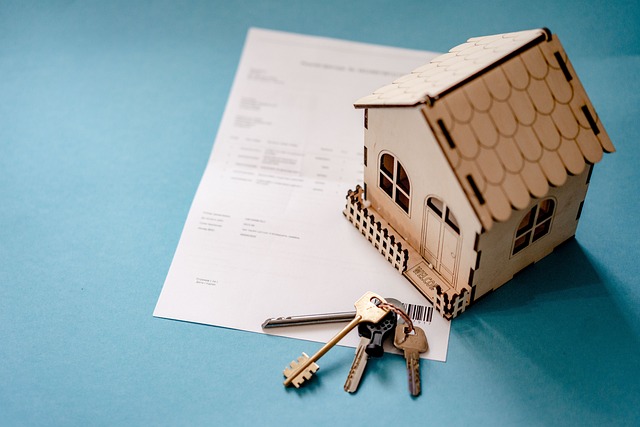Rental property owners in Arizona must carry specific insurance covering comprehensive risks, including fires, storms, injuries, and property damage, to comply with local laws and protect their investments. Policies should include structural coverage, liability protection, business income/extra expense provisions, and personal and advertising injury coverage. Effective risk management involves regular maintenance, compliance with regulations, detailed records, and staying updated on best practices to minimize claims and prepare for unforeseen events, fostering a safe environment for both investments and tenants.
In the vibrant real estate landscape of Arizona, understanding the intricacies of rental property insurance is paramount for landlords and investors. This comprehensive guide delves into the essential aspects of commercial building coverage plans tailored for rental properties. From comprehending Arizona’s specific insurance requirements to navigating claims management and risk mitigation strategies, this article equips readers with invaluable insights. By exploring key components like property damage, liability protection, and business interruption, you’ll gain a strategic edge in safeguarding your investment.
- Understanding Rental Property Insurance Requirements in Arizona
- Key Components of Commercial Building Coverage Plans
- Navigating Claims and Risk Management for Rental Properties
Understanding Rental Property Insurance Requirements in Arizona

In Arizona, rental property owners are required to have specific insurance coverage to protect their investments and ensure they comply with local laws. Rental property insurance in Arizona typically includes comprehensive protection against a range of risks, such as damage from fire, storms, or other natural disasters, as well as liability for injuries or property damage that may occur on the premises. This type of insurance is crucial for landlords as it can cover not only the physical structure but also any on-site rental units, personal property, and even medical expenses for tenants injured on the property.
Understanding these requirements is essential for Arizona landlords to avoid legal issues and potential financial burdens. Rental property insurance policies often come in various forms, each offering different levels of coverage and exclusions. Landlords should carefully review their policy details, ensuring they meet the state’s minimum standards while also considering additional protections based on the unique characteristics of their rental properties.
Key Components of Commercial Building Coverage Plans

When it comes to commercial building coverage plans, especially for rental properties in Arizona, several key components ensure comprehensive protection. These include structural coverage that protects against physical damage to the property, such as fires, storms, or accidents. Additionally, liability coverage is vital, shielding against claims of bodily injury or property damage sustained by others on your premises. Business income and extra expense are also essential elements, designed to compensate for lost rental revenue and additional expenses incurred during repairs or restoration periods.
Rental property insurance Arizona policies typically include provisions for personal and advertising injury, which covers incidents that may arise from your business operations, like lawsuits or damage caused by products you’ve sold. It’s crucial to assess these components carefully to tailor a policy that aligns with the specific risks and needs of your commercial rental property.
Navigating Claims and Risk Management for Rental Properties

Navigating claims and risk management is a critical aspect of owning rental properties in Arizona. A comprehensive rental property insurance policy acts as a shield, offering protection against potential losses due to damage, liability issues, or even legal disputes. When a claim arises, whether it’s from a fire, theft, or a slip-and-fall incident on the premises, having the right coverage can significantly streamline the process and minimize financial strain. Arizona landlords should be particularly vigilant about understanding their policy terms and conditions, including deductibles and covered perils, to ensure they’re adequately prepared for any unforeseen events.
Effective risk management involves proactive measures as well. Regular maintenance checks, ensuring compliance with local safety regulations, and keeping detailed records of repairs and improvements can all contribute to reducing the likelihood and impact of claims. Additionally, staying updated on industry best practices and legal requirements specific to rental properties in Arizona empowers landlords to make informed decisions, fostering a safe and secure environment for both their investments and tenants.
When it comes to rental properties in Arizona, having a comprehensive understanding of rental property insurance requirements is essential. Commercial building coverage plans play a pivotal role in protecting your investment and managing risks effectively. By delving into the key components and navigating claims processes, you can ensure that your rental properties are adequately insured against potential losses. Remember that, in the ever-changing landscape of insurance, staying informed and proactive about your Rental Property Insurance Arizona is crucial for long-term financial security.
